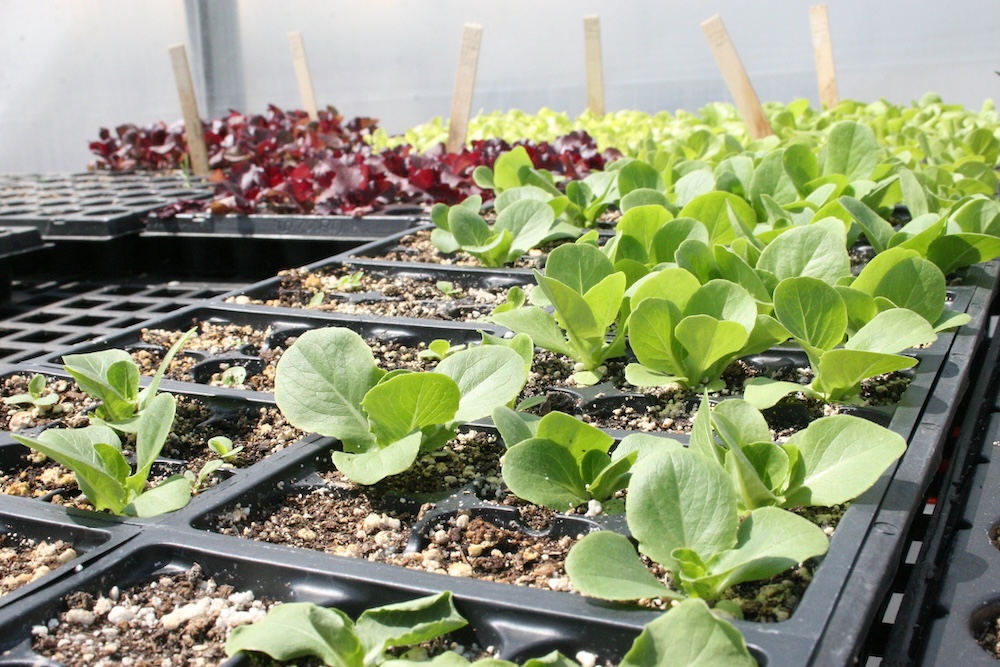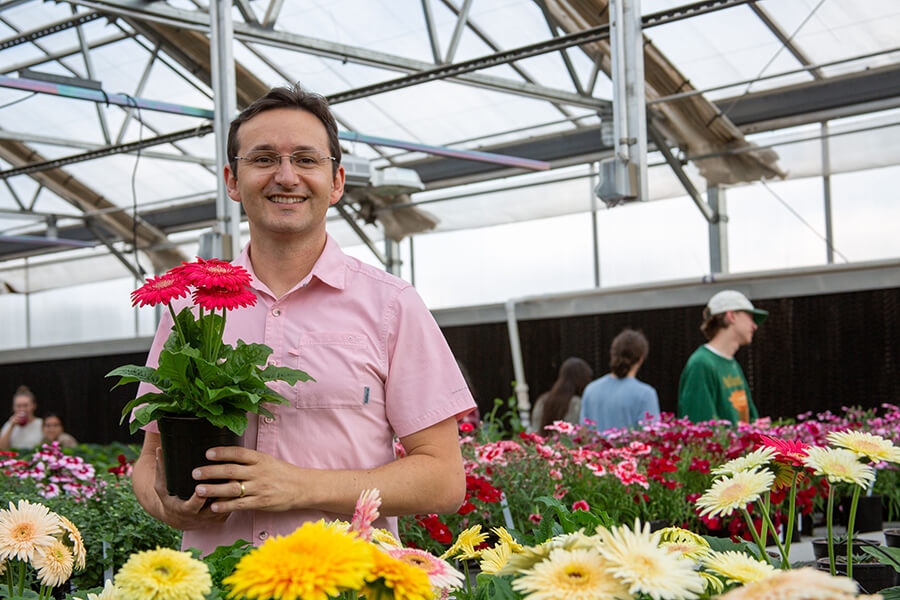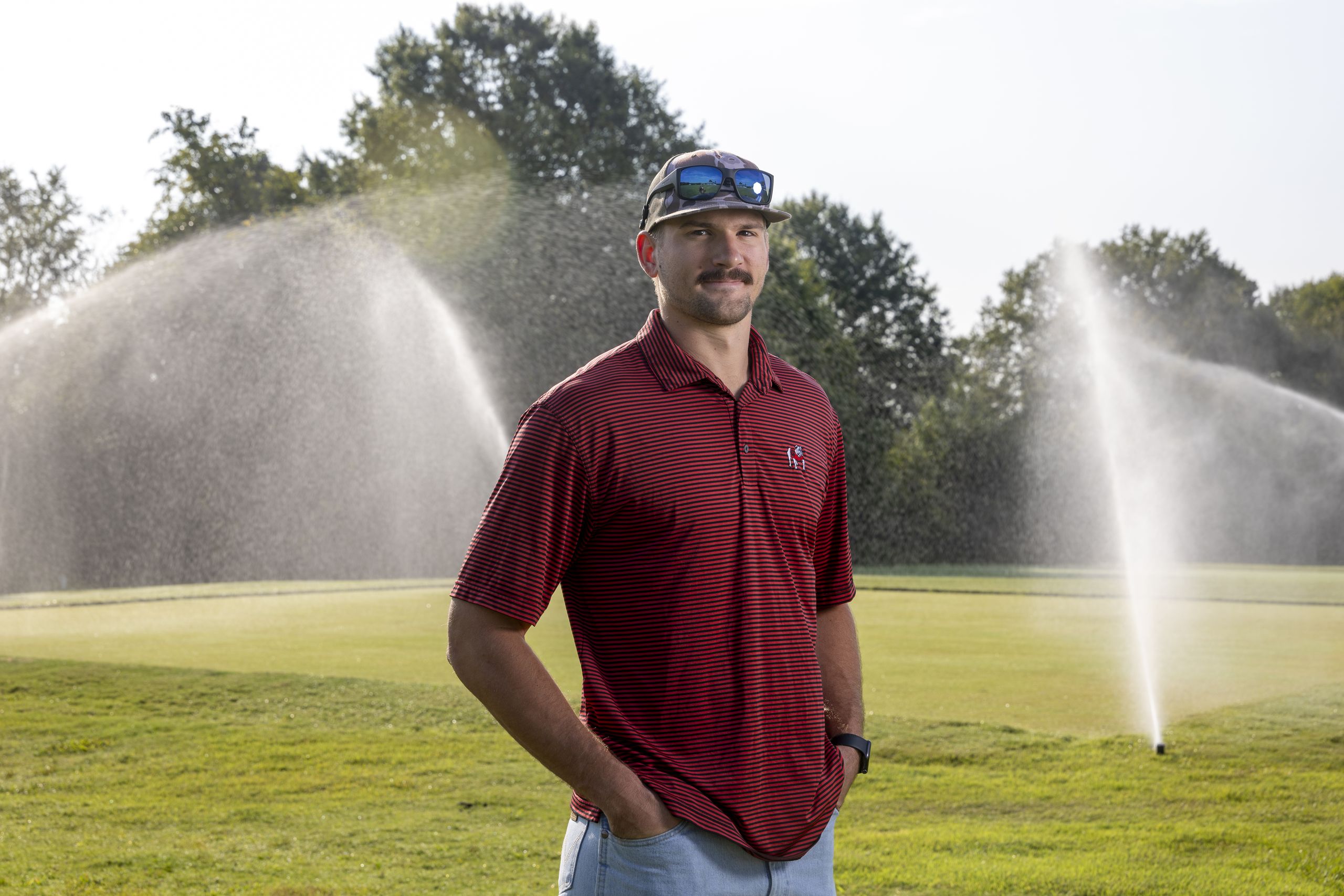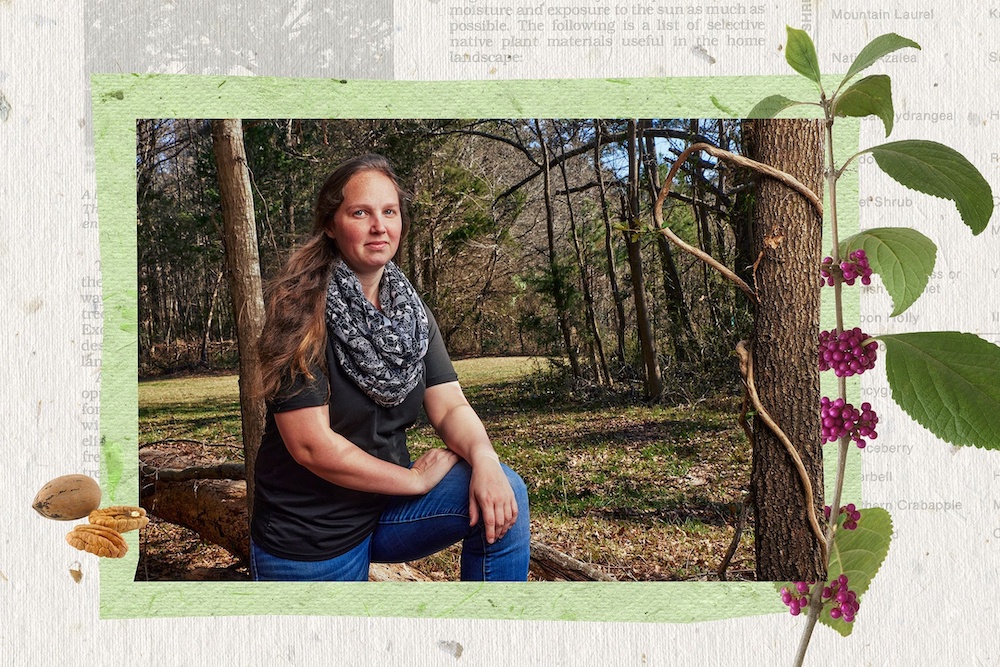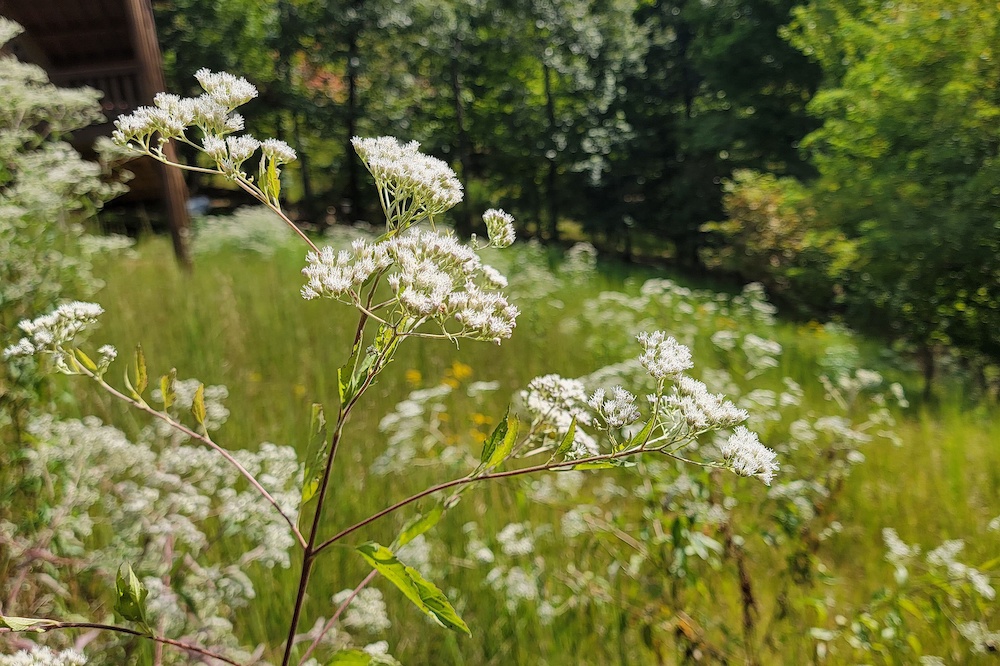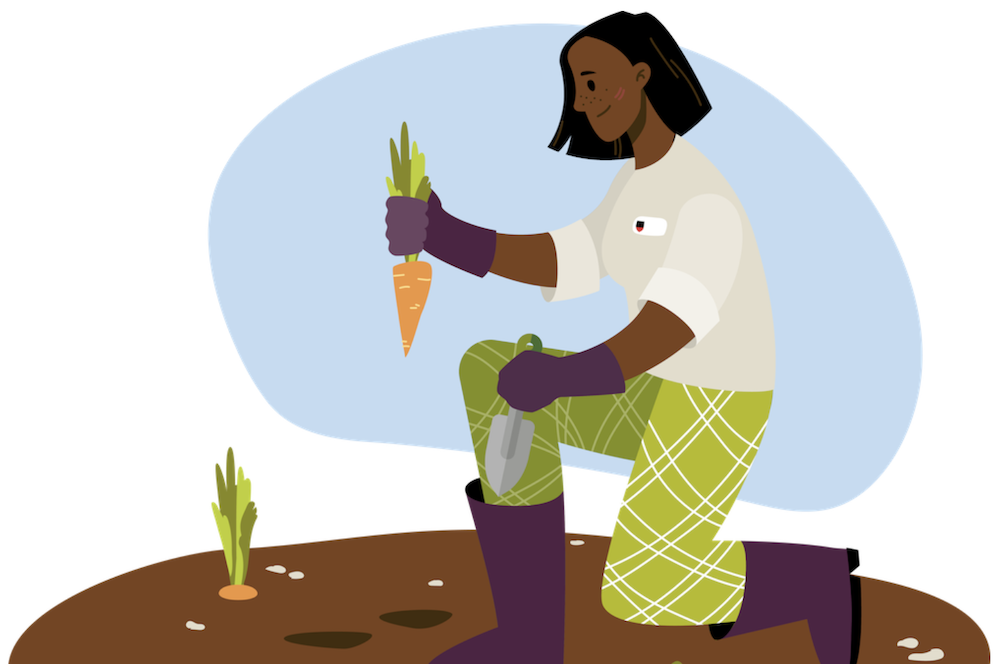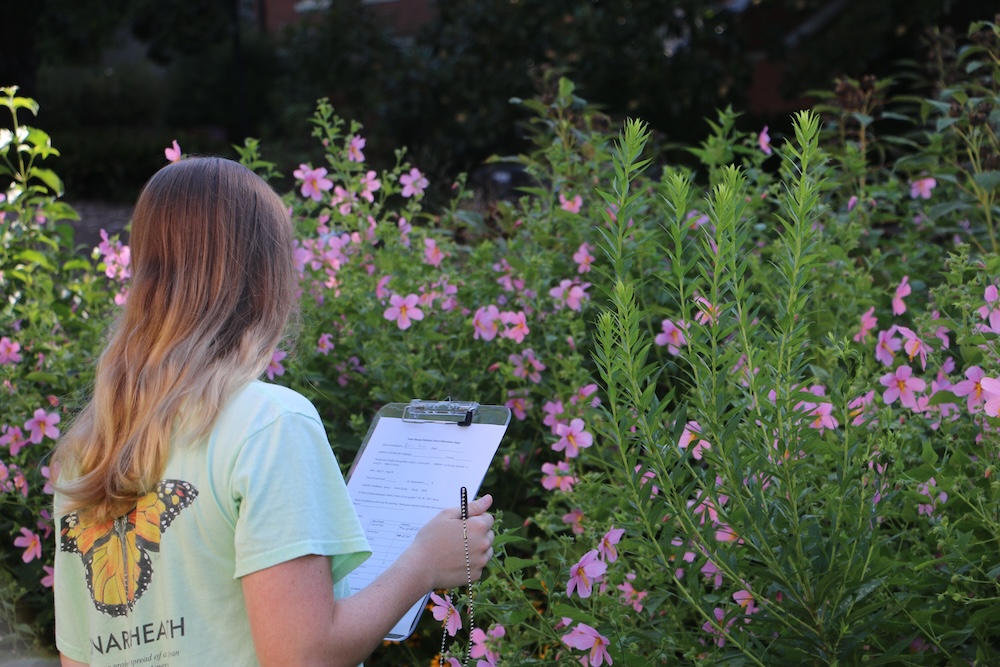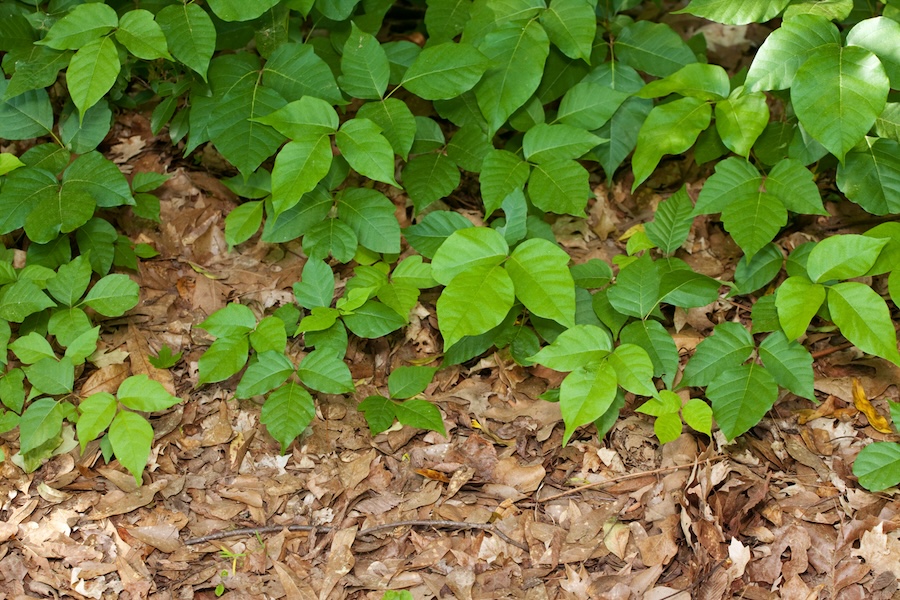 CAES News
CAES News
Community Solutions
Approximately 18 million U.S. households experienced food insecurity at some point in 2023, representing more than 13% of the population. One effective solution to confront this harsh reality on the local level is community gardens, but specific effects of climatic changes like altered rainfall patterns are introducing new hurdles for many grassroots efforts dedicated to growing and producing healthy, fresh foods, according to research from the University of Georgia College of Agricultural and Environmental Sciences.

